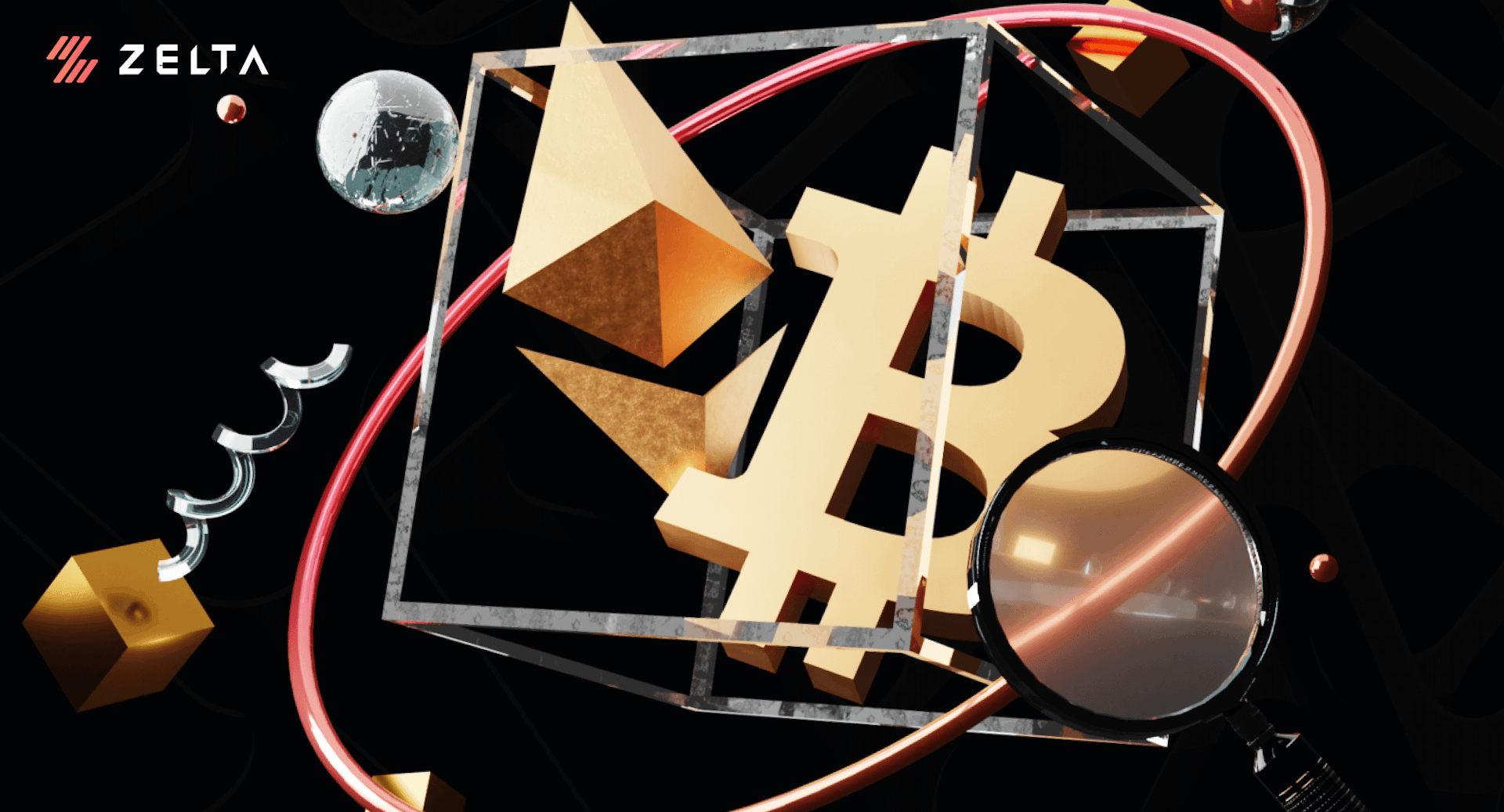

What is a Block Explorer?
If you’ve encountered thoughts like “how to track a transaction on blockchain?” or “ how do i track a crypto transaction?”, using a block explorer can easily solve your queries.
What is a Block Explorer?
A crypto transaction tracker that can display all historical transaction information on a blockchain network is known as a block explorer.
You can use these Block Explorer for various purposes from checking up on the balance of your crypto wallet without actually using your wallet’s details to tracking the status of all the pending payments or basically the payments which are lying between the blocks and are not reflecting the transaction history.
You can also view the entire history of your wallet transactions. This platform can also assist users by reducing the amount they spend on transaction fees by sending the output back to the senders, among other fantastic features.

For traders, miners, validators, businesses, and hobbyists alike, block explorers is extremely useful. If you're involved in buying or selling cryptocurrency, you can check the progress of a transaction using a block explorer.
In addition to other data, you can discover details about your blockchain address, like its transaction history, the total value of assets stored there, the amount of cryptocurrency received, and the amount of cryptocurrency sent from that address.
This must have given you a good idea about the basis on which the whole block explorer works. Now, let us discuss its working process.

The whole working process revolves around rational databases. These allow storage and easy manipulation of data by storing them in tabular form. The APIs that make communication with computers and SQL databases are readily used for storing the data over the databases.
This brings up the technical working side, but speaking generally about how you can track your online transactions pertains to the general operation of various currency-tracking browsers.
Even users without wallets or cryptocurrencies can get transaction information because most wallets make it easy to retrieve data. There are many websites you may use to check blockchain transactions.
Since each blockchain is a unique ledger, it has its own block explorer website. The person holding the assets or wallet and the transaction details, however, is what the basic working involves in general.
To understand the right working, please see the points listed below. The transaction fetching flow is as follows:
- Over the Block Explorer server, you can search for the cryptocurrency in which you are looking for transactions, using various parameters like the sender’s address, and receiver’s address you can search for the actual transactions done in the past.
- If you enter the correct data, you will be provided with transaction details in case you are looking for a particular set of transactions you can easily get it by entering the exact amount of the transaction.
- Along with the transaction details, you will also get a transaction ID which you can use for different purposes in future.
Now, moving ahead we will discuss another important topic in the world of Block & Crypto Explorers, this one is Blockchain Explorer.

These Bitcoin and blockchain explorers are the equivalents of Google. They give users access to various transaction-related information, such as the amount transacted, the sources and destinations of funds, and the status of the transactions, on specific wallet addresses and blockchains.
Almost any information pertaining to transactions, wallets, and blockchains may be extracted using them, including rich lists and hidden messages.
Conclusion:
A blockchain explorer is indeed a beneficial tool that makes use of public blockchains' transparency and openness. They offer helpful details about the network's condition, such as previous transactions and their addresses, making it simple to verify and follow along.
However, this emphasis on complete public openness might result in chain analysis, which is the chronological mapping of transactions and addresses. This exposes the nature of pseudo-addresses, especially for users who often use the same address (not recommended). However different public blockchains (like Monero) strike a different balance between openness and secrecy.
